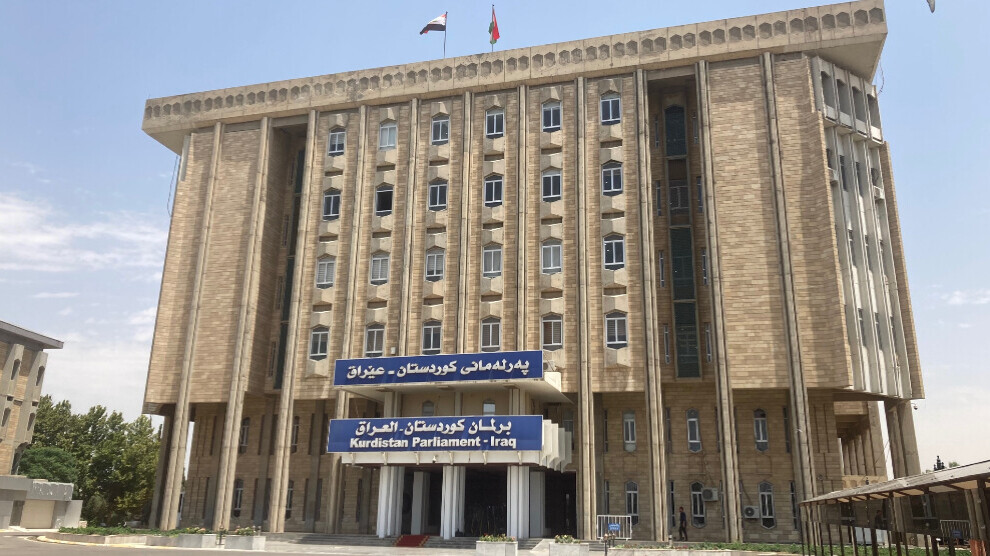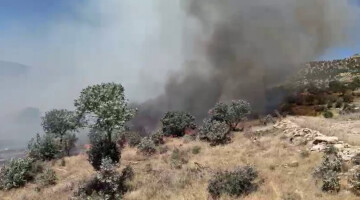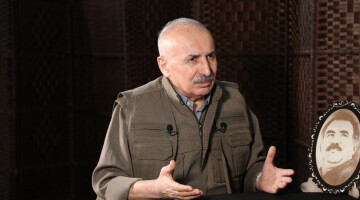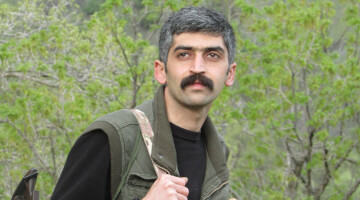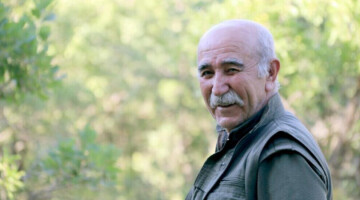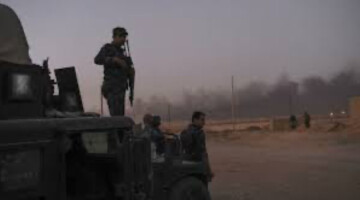The parliamentary elections in the Kurdistan Region of Iraq are scheduled to take place on 20 October after a two-year delay.
This time, voting will not be organized by a regional electoral committee, but by Iraq's Supreme Electoral Council. The KDP, whose irregularities were exposed in the last elections, apparently has reason to worry. Chronic problems such as oil smuggling, cooperation with the Turkish state, corruption, theft and inadequate services are expected to result in a loss of votes.
Seat allocation after the last elections
The fifth and last parliamentary elections in the Kurdistan Region took place on 30 September 2018. In this election, the KDP won 45 seats, the PUK 21, the Gorran Movement 12, the New Generation 8, the Islamic Society Party 7, the Yekgirtu and Islamic Movement 5, and the Communist Party and the Socialist Party one seat each.
According to the law, the term of the Kurdistan Region Parliament is four years. On 9 October 2022, the fifth legislative period was extended until 31 December 2023, by the votes of 80 MPs. The Iraqi Federal Court ruled that this was unlawful and elections should be held as soon as possible. The Kurdistan Regional Government has decided to hold parliamentary elections four times since 2022. However, these decisions have not been implemented.
Why could the elections not be held?
The Supreme Judicial Council of Iraq changed the electoral system that favored the KDP and divided it into four regions: Sulaymaniyah (Silêmanî), Erbil (Hewlêr), Halabja (Helebce) and Duhok. The Kurdistan Region Election Committee was dissolved, and the elections were placed under the jurisdiction of the High Election Committee of Iraq.
The quota system for eleven parliamentary seats, of which the KDP had reserved six for Turkmen alone, was annulled. Following this decision, the KDP announced that it would boycott the elections scheduled for 10 June 2024. The elections were blocked.
The Supreme Judicial Council of Iraq then decided to allocate a quota of five seats in the Kurdistan Region Parliament to Turkmen, Christians and Armenians, which was accepted. The number of seats is now 95+5. In the previous elections, it was 100+11. Irregularities in past elections
In the last parliamentary elections in 2018, the KDP was the party that committed the most irregularities in public view. The PUK initially pushed for the annulment of this election. Nevertheless, the KDP and the PUK eventually agreed on the results behind closed doors and with the intervention of the US and Great Britain in the name of regional stability.
False voters of the KDP
In connection with electoral fraud, the KDP was accused, among other things, of having false voters. In addition, many people from the Kurdish regions of Rojava, Bakur and Rojhilat, i.e. from Syria, Turkey and Iran, also voted.
Massive pressure was put on the Peshmerga, there was collective transport to the polling stations and the KDP was sent photos of completed ballot papers. Due to these allegations, some security measures were taken for the upcoming elections.
Show us your vote, get your salary
In the past, hand-paid salaries were one of the KDP's most important assets. The KDP asked the people it paid to photograph their ballot papers and present them as proof.
If they failed to do that, they faced salary cuts or dismissal. The Iraqi government took action against this and demanded that all salary payments be made through banks. It is now official that 500,000 people receive their salaries through the banks. This makes free and secret voting easier.
Biometric cards for eligible voters
The Supreme Electoral Council of Iraq has taken further measures to combat the irregularities of the past. Unlike in previous elections, biometric cards are issued to eligible voters. People who are at least 18 years old, have Kurdistan Region ID cards and are Iraqi nationals are eligible to vote.
There are two ways to vote: electronically and manually. The results of electronic and manual voting are compared and recorded in the presence of party representatives and candidates in all constituencies. This helps to partially prevent fraud attempts. All polling stations are also monitored by the Supreme Electoral Council of Iraq and UN representatives.
30 percent of the population
One of the biggest problems with elections is the dwindling hope in the existing government. This is evident when you look at voter turnout. In the last Iraqi elections, turnout was highest in Duhok at 35 percent, while in places like Erbil and Sulaymaniyah it was 25 to 30 percent. Over 70 percent of people did not vote.
The current representation is 30 percent of the population. There have even been claims that even this percentage is questionable and has been increased by UN intervention. According to them, this was to prevent the legitimacy of the vote from being questioned or the election from being annulled.
Text based on an article by Meltem Oktay and Ali Ammar in Yeni Özgür Politika.

